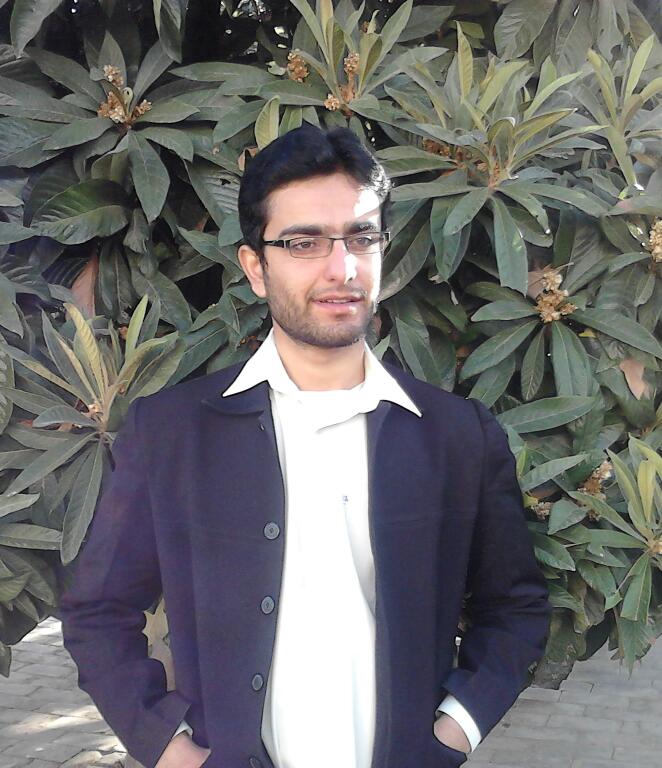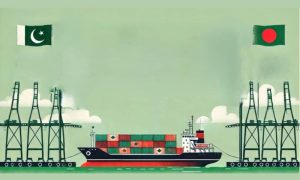Arshad Nadeem, Pakistan’s premier javelin thrower, has emerged as a beacon of hope in a country where sports often suffer from neglect and mismanagement. His journey from a small village in Mian Channu to the global stage is nothing short of inspiration, reflecting his immense talent and relentless determination. However, his rise also highlights the broader issues plaguing Pakistan’s sports sector, from bureaucratic inefficiencies and political interference to inadequate funding and support. We have witnessed so many people from the government and sports association taking credit for what Arshad has achieved but in reality the struggle behind Arshad’s journey is purely his own.
For long, Pakistan’s presence in the Olympics has been minimal and largely unremarkable over the past few decades. Since its first appearance in 1948, Pakistan has won a total of ten Olympic medals, with the last one coming in 1992. The nation’s glory days in field hockey, where it once dominated, seem a distant memory. In recent times, athletes like Arshad Nadeem have become rare exceptions in an otherwise dismal landscape. Arshad’s performance in the Tokyo 2020 Olympics, where he became the first Pakistani athlete to directly qualify for a track and field final, brought a rare moment of pride. Despite limited resources and support, he finished fifth, showcasing his potential to compete with the best in the world. His success underscores what Pakistani athletes could achieve with better infrastructure and support systems in place.
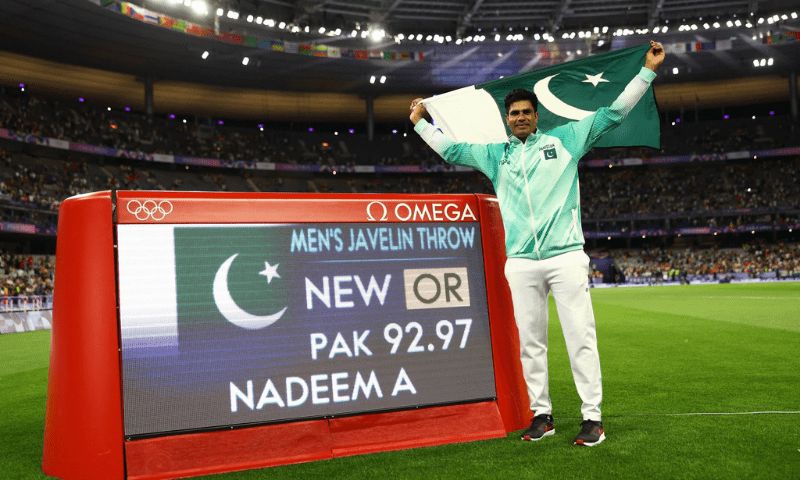
Like all other things including health, education and development, sports has also been mired in bureaucratic procedures and highly institutionalized systems. The bureaucratic practices within Pakistan’s sports administration have been a significant hurdle in the progress of athletes. The Pakistan Olympic Association (POA) and Pakistan Sports Board (PSB), the two main bodies responsible for promoting sports, have often been criticized for their inefficiency and lack of vision. Bureaucratic red tape, mismanagement, and corruption are rampant, hindering the development of sports at the grassroots level. Athletes frequently face delays in receiving funds, lack proper training facilities, and suffer from inadequate exposure to international competitions.
On the other hand, Pakistan’s sports culture is deeply marred by politics and nepotism. Positions within sports federations are often filled based on political affiliations rather than merit. This political meddling undermines the credibility and effectiveness of these organizations, leading to poor management and planning. Nepotism further compounds the problem, as opportunities are frequently given to those with connections rather than deserving athletes. This discourages genuine talent and creates an environment where athletes feel demotivated and unsupported. The focus shifts from nurturing talent to maintaining power dynamics, which is detrimental to the overall growth of sports in the country.
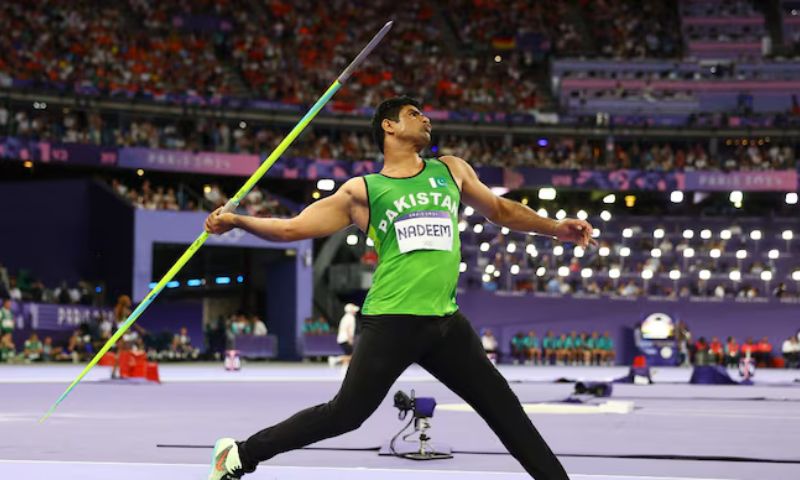
The Pakistan Olympic Federation (POA) and the Pakistan Sports Board (PSB) have largely failed to elevate the standards of players. The POA, responsible for organizing and promoting Olympic sports, has been criticized for its lack of initiative and poor governance. Similarly, the PSB, tasked with developing sports infrastructure and training programs, has fallen short in providing the necessary facilities and support for athletes. Both organizations have struggled with internal conflicts and leadership issues, further stalling progress. Their inability to implement effective development programs and ensure fair selection processes has resulted in a stagnation of sports talent. The lack of coordinated efforts between these bodies means that even when individual athletes like Arshad Nadeem show promise, they do so despite the system, not because of it.
The government’s lack of interest in sports is evident in the meager allocation of funds in annual budgets. Sports often receive a fraction of the funding required to build and maintain infrastructure, support training programs, and promote sports at the grassroots level. This financial neglect leaves the majority of Pakistan’s youth, which constitutes around 65% of the population, without access to proper sports facilities and opportunities. The absence of a comprehensive sports policy further exacerbates the situation. Initiatives are often short-term and lack the strategic planning needed for sustained development. As a result, many young talents are unable to pursue sports professionally, limiting the country’s potential to produce world-class athletes.
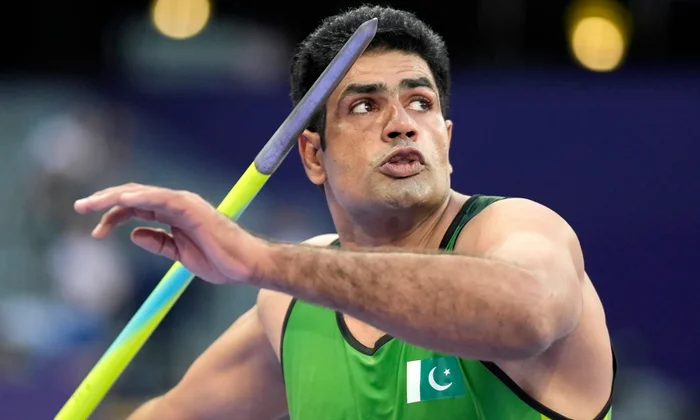
The lack of investment in sports has severe implications for Pakistan’s youth. With limited access to grounds and indoor sports facilities, many young people are deprived of the benefits that sports can offer, including physical fitness, discipline, and team-building skills. This neglect not only affects their personal development but also limits the nation’s ability to harness its human capital for sporting excellence. Arshad Nadeem’s success story highlights what can be achieved when talent is given the right opportunities. However, for every Arshad Nadeem, there are countless others whose potential remains untapped due to systemic failures.
To transform Pakistan’s sports landscape, several key steps must be taken. Firstly, there needs to be a significant increase in funding for sports at all levels, with a focus on building infrastructure and providing training facilities. Establishing transparent and merit-based selection processes will help combat nepotism and political interference. Moreover, fostering public-private partnerships can bring in much-needed expertise and investment. Creating a comprehensive national sports policy that outlines long-term goals and strategies is essential. This policy should emphasize the development of grassroots sports programs to identify and nurture talent from a young age.
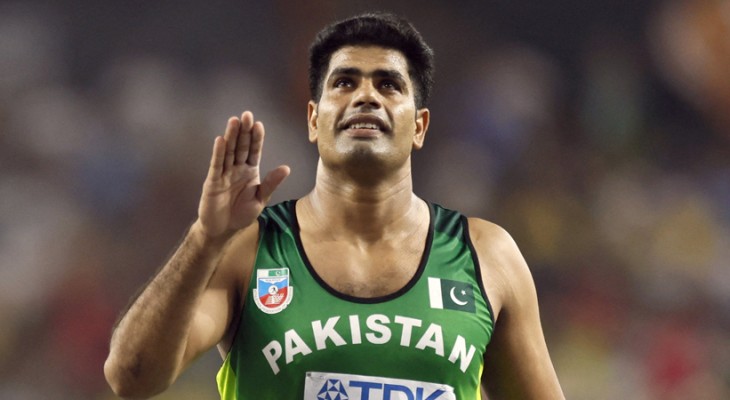
Arshad Nadeem’s achievements are a testament to the potential that exists within Pakistan’s youth. However, his success story is an exception rather than the norm in a country where sports are often overlooked. Addressing the systemic issues of bureaucratic inefficiency, political interference, and lack of funding is essential to creating an environment where athletes can thrive. By investing in sports infrastructure, implementing transparent selection processes, and promoting a culture of sportsmanship, Pakistan can unlock the potential of its youth and reclaim its place on the global sports stage. Arshad Nadeem’s journey should serve as an inspiration and a call to action for all stakeholders to work together in building a brighter future for Pakistan’s sports.









